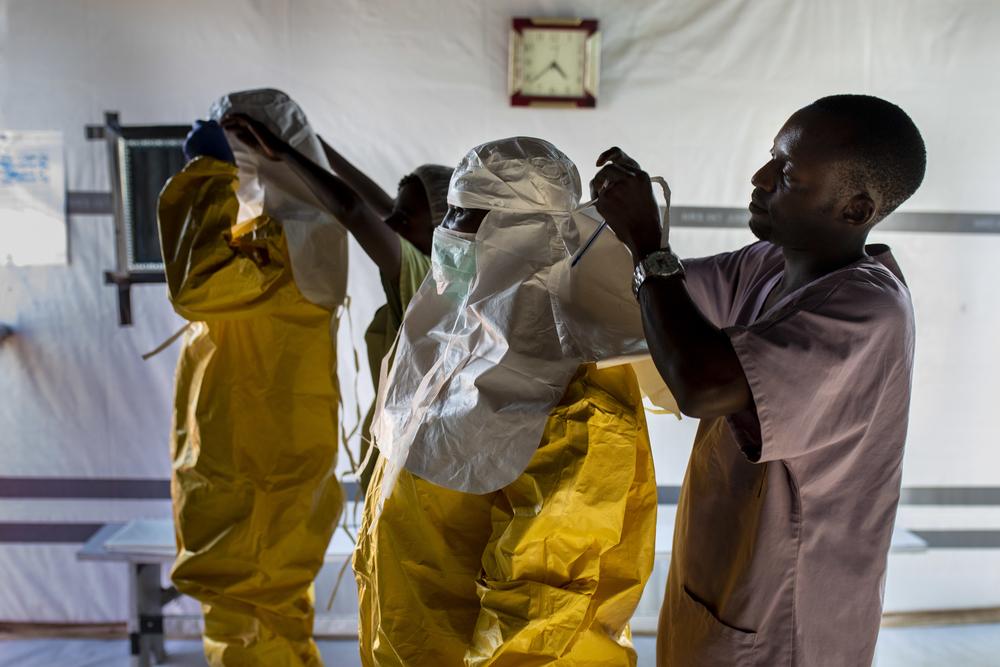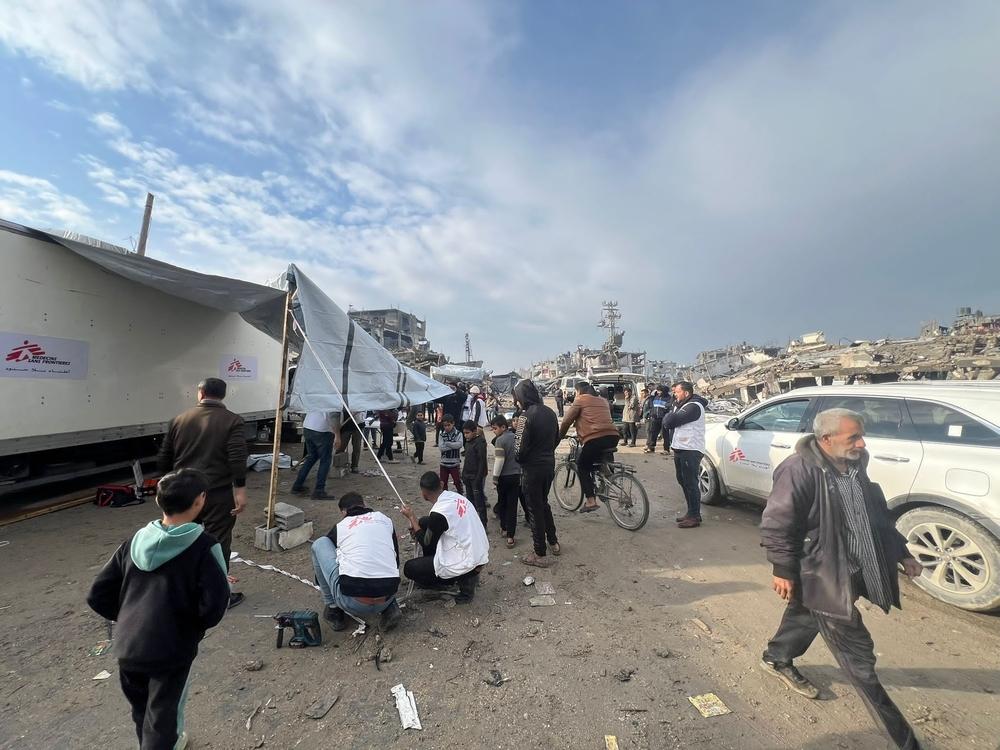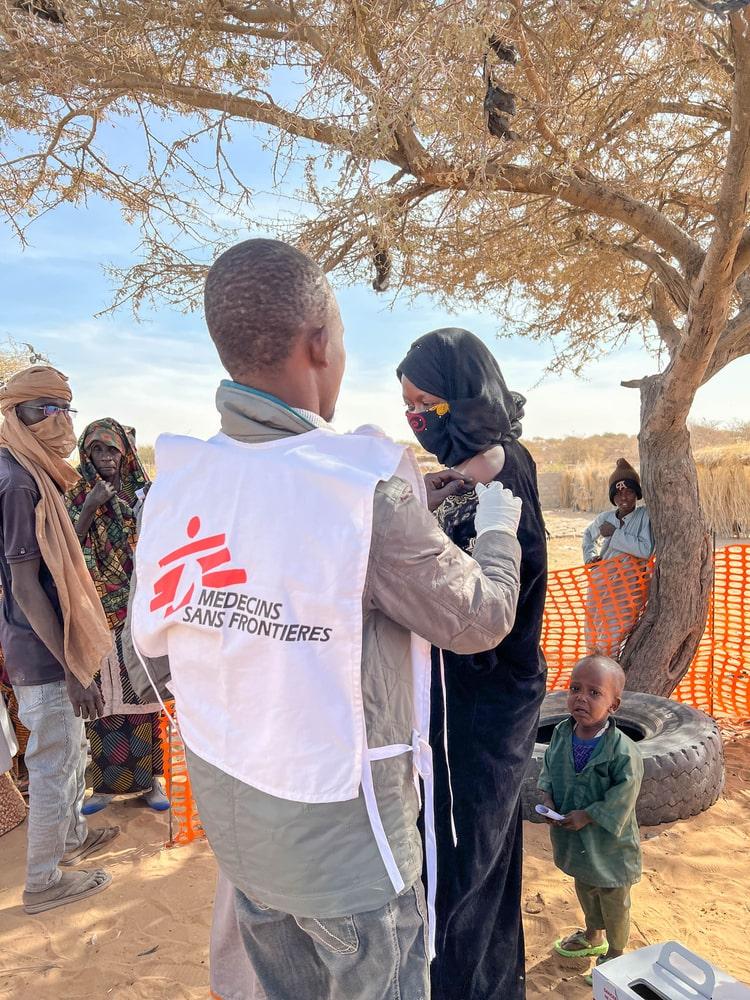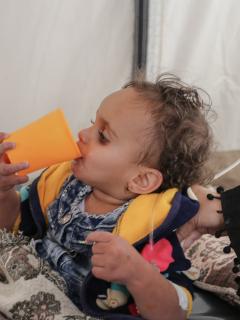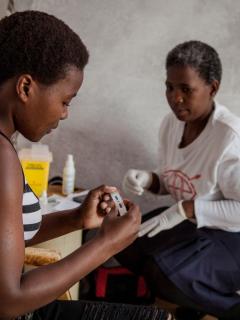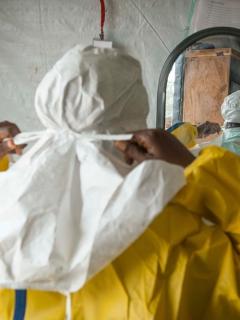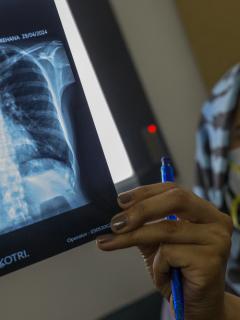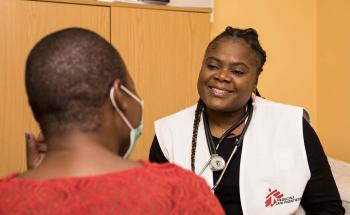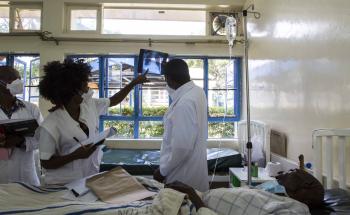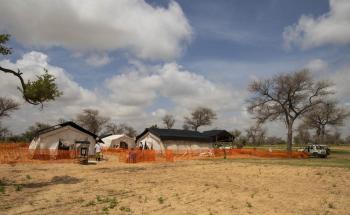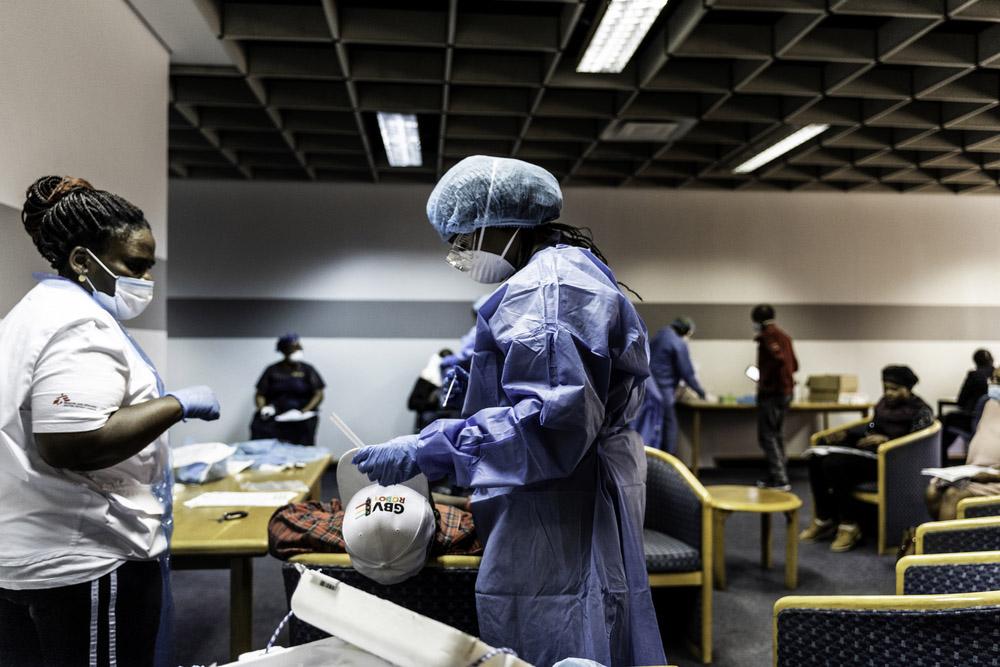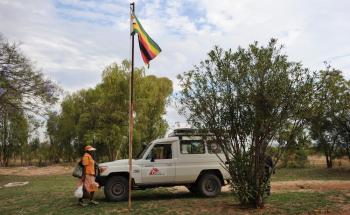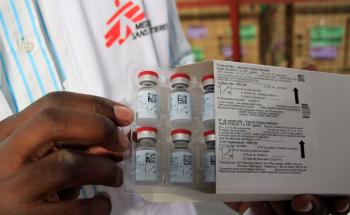
People in poverty or great instability
Epidemics and pandemics can place the strongest health systems under strain – but the people at highest risk are mainly those living in poverty or in areas of great instability. In these situations living conditions are precarious, access to healthcare is far from being granted to all of those in need, and routine vaccinations are often interrupted or have reduced coverage.
The resurgence of diphtheria in the refugee camps in Bangladesh in late 2017 is a testimony to the Rohingya’s exclusion from healthcare while in Myanmar. The majority of Rohingya were not vaccinated against any diseases, as they had very limited access to routine healthcare, including vaccinations.
People living in camp settings can also be extremely vulnerable to outbreaks, particularly if there is overcrowding and water and sanitation services are poor.
